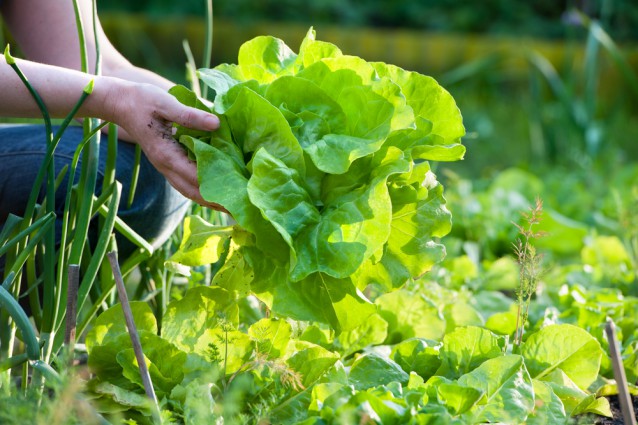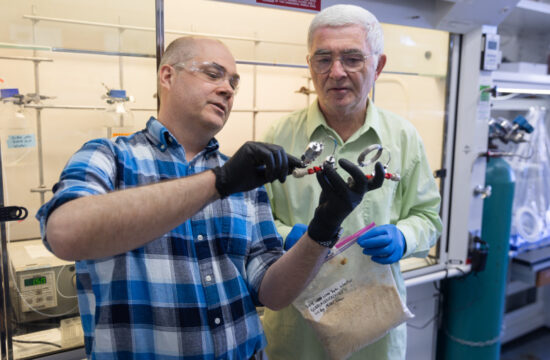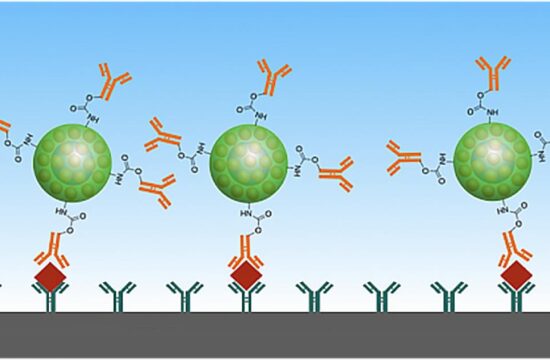
Not only will some foods become scarcer as the planet warms, they’ll also become less tasty too, according to a new report.
Published Monday by scientists from the University of Melbourne, the report looked at how climate change will affect food production in Australia. The scientists found that a variety of foods will be impacted by higher temperatures, more common heat waves and less reliable rainfall.
Higher temperatures will “adversely affect” the texture and flavor of carrots, for instance, and can also lead to deformed, lower quality eggplant. Onions, too, could end up smaller and lower quality, and raspberries could end up being damaged by extreme heat.
“It’s definitely a wake up call when you hear that the toast and raspberry jam you have for breakfast, for example, might not be as readily available in 50 years time,” saidRichard Eckard, associate professor at the University of Melbourne and co-author of the study. “Or that there may be changes to the cost and taste of food items we love and take for granted like avocado and vegemite, spaghetti bolognaise and even beer, wine, and chocolate.
Meat and fish will also likely be impacted by a changing climate, the report warns. Southern scallops, which are harvested in Victoria and Tasmania, could “effectively disappear” from Australians’ plates, due to rapidly warming seas off the coast. Multiple species of shrimp could become rarer in warmer water, and chicken, pigs, and dairy cattle could also suffer more frequently from heat stress, something that can affect the meat of chicken and reduce milk production in cattle by up to 40 percent.
In Australia, increased temperatures and more frequent heat waves aren’t a distant threat. In 2013, a report by Australia’s Climate Commission — an independent panel of experts now called the Climate Council — linked Australia’s recent years of heat waves, droughts, and wildfires to climate change, and warned that these issues will only get worse as the climate warms. Australia broke 123 weather records in 90 days over its 2012/2013 summer, including an “off the charts” heat wave in early 2013. Australia alsostarted 2014 with a record-breaking heat wave. An October 2014 spring heatwave in the country also broke records.
The Appetite for Change report included quotes from several farmers on how climate change is already affecting their crops.
“Should we address global warming? We have no bloody future if we don’t,” David Bruer, a winemaker in South Africa, said in the report. “I worry very much about my children. I just wonder what their future is.”
Previous reports have also warned of climate change’s effect on food and agriculture — not just in Australia, but around the world. According to a study published in 2012, land suitable for growing Arabica coffee plants could decrease by 65 to 100 percent by 2080. The head of the U.S. Environmental Protection Agency, Gina McCarthy warned of this impending threat to coffee last week.
Also in 2012, an Oxfam report warned that climate change could cause food prices around the world to spike. That warning was echoed by a 2013 study. And last year, a study found that, in addition to food price spikes and shortages of some types of food, climate change could make food less nutritious.
Source: thinkprogress.org








